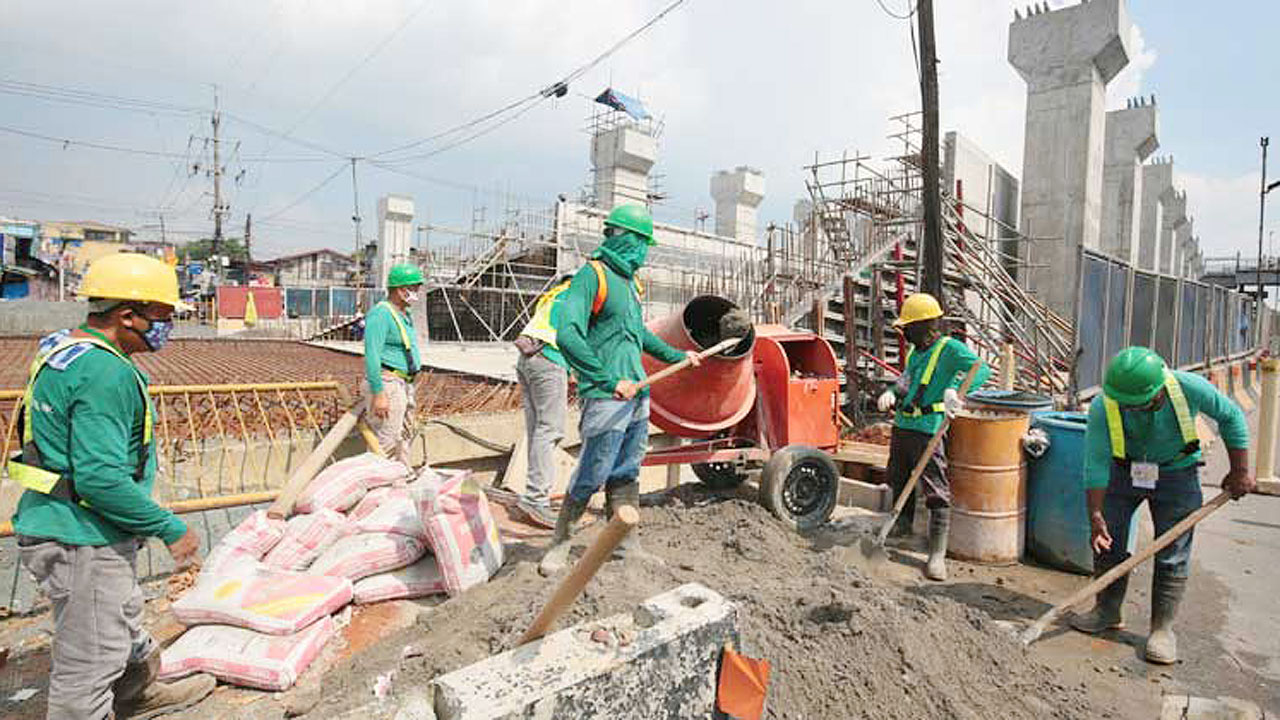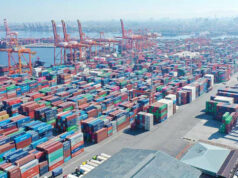
REFORMS to the public-private partnership (PPP) framework are expected to steer infrastructure to a “transformative course” as the government pushes to attract foreign investment, a Senate think tank said in a policy brief.
“The establishment of PPP units within implementing agencies should transcend voluntarism, as dedicated and permanent units fortified with technical, legal, and financial proficiency hold the key to unlocking the full potential of PPP projects,” the Senate Economic Planning Office (SEPO) said in a brief published on the Senate website.
The Senate and House of Representatives ratified the proposed PPP Code on Sept. 27, which seeks to harmonize the rules on PPP projects to expand private sector participation in infrastructure programs. The President has yet to sign it into law.
 The proposed code will govern all contracts between a government agency and private partners to finance, design, construct, operate, and maintain infrastructure or development projects and services.
The proposed code will govern all contracts between a government agency and private partners to finance, design, construct, operate, and maintain infrastructure or development projects and services.
The government is banking on PPP projects to boost its Build, Better, More infrastructure program given the narrowing of fiscal space in the aftermath of the coronavirus pandemic. With some projects carried over from the previous government, the program is estimated to cost P8.7 trillion.
It includes 197 big-ticket infrastructure flagship projects, 48 of which are slated for funding via PPP and hybrid PPP. These projects are expected to spur business investment and create quality jobs.
In the policy brief, the Senate think tank noted that potential industry partners have complained about ambiguities in the Build-Operate-Transfer Law, specifically the unclear allocation of risks and responsibilities among PPP participants, which cannot be fixed by changes to the implementing rules.
It also cited the time-consuming process of project approval, procurement, and implementation, inadequate government capacity to manage PPPs, political and policy risks and stakeholder engagement and transparency issues.
“The PPP is the only way to go considering the low absorptive capacity of the government,” Leonardo A. Lanzona, who teaches economics at the Ateneo de Manila, said via chat. “But the government needs to get its act together if private investors are to participate in this venture.”
He said the key issue is the problem with project viability and risks. Public-private partnerships are not isolated from the rest of what is happening in the country, especially in agriculture and industry, as well as in larger issues on inflation and growth, he said.
“If government programs and policies are weak and uncoordinated as the economy remains unstable, then it is unlikely for investors to come,” Mr. Lanzona said. “No matter how clear the PPP laws are, if the administration cannot implement a forceful and comprehensive economic plan, then nothing will come out of these laws.”
SEPO cited the case of Fraport AG Worldwide Services, Inc. and Philippine Air Terminals Co. (Piatco), which delayed the completion of Ninoy Aquino International Airport (NAIA) Terminal 3.
In 2007, the International Center for Settlement of Investment Disputes found Fraport and Piatco liable for violating the Anti-Dummy Law.
Under the Constitution, only corporations registered and organized under Philippine law and holding at least 60% Filipino ownership may own public utilities.
The PPP bill aims to boost private-sector participation in infrastructure projects and to improve the framework for unsolicited project proposals.
Under the consolidated version of the measure, the measure would establish a PPP Governing Board which will oversee policy related to PPPs and will be tasked to ensure that there is a balance between incentivizing private partners while protecting the state’s interests.
Bienvenido S. Oplas, Jr., founder of the think tank Minimal Government Thinkers, said there is a need to attract more private entities and to approve partnerships more rapidly without sacrificing due diligence.
The PPP Governing Board will be headed by the National Economic and Development Authority Secretary, with the Finance Secretary as vice chairman.
The Commission on Audit will issue guidelines on the auditing of PPP projects.
“The next key step is ensuring prompt implementation by government offices of their PPP mandates,” Terry L. Ridon, convenor of think tank InfraWatch PH and a former legislator, said via chat.
He said the government must curb the red tape that delays many joint projects.
“At the highest levels, the President and his Cabinet should aim to shepherd major PPP proposals throughout the review and approvals process, until final approvals are delivered to prospective PPP partners,” Mr. Ridon said.
As of Sept. 1, there were 104 PPP projects in the pipeline at an estimated cost of P2.521 trillion. Some 180 projects are being implemented worth P2.639 trillion, according to the Department of Finance. — John Victor D. Ordoñez



